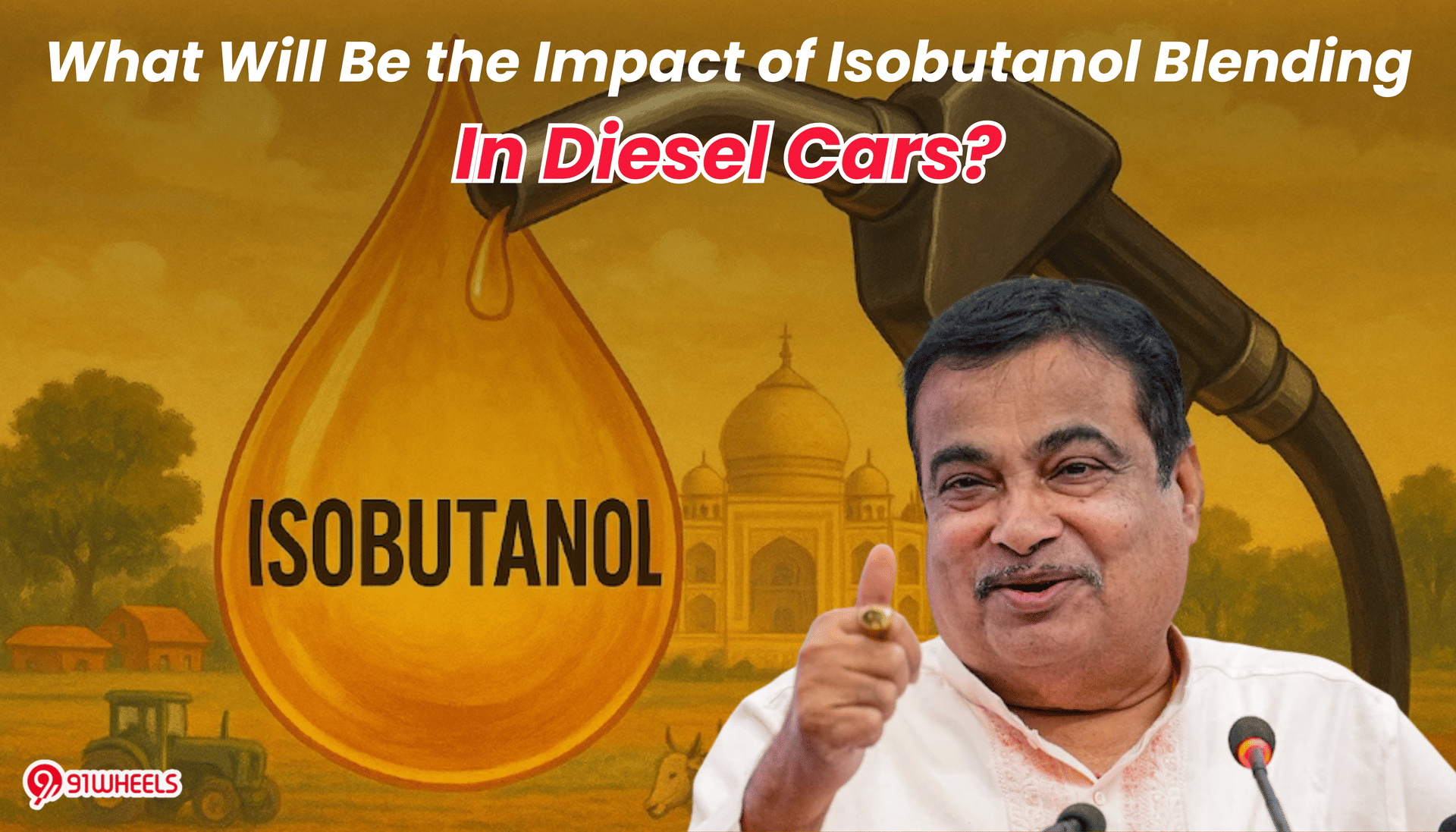
KEY HIGHLIGHTS
- Indian government explores 10% isobutanol blending in diesel.
- Isobutanol offers higher energy density and lower corrosion than ethanol.
- Blends may increase NOx emissions but reduce particulate matter.
- Slight fuel economy drop and higher initial costs expected
- Compatible with existing diesel engines without major modifications.
Isobutanol Blending in Diesel: In recent developments, the Indian government has been exploring the potential of blending isobutanol with diesel fuel as part of its efforts to reduce dependence on fossil fuels and lower vehicular emissions. Though, there is no exact timeline has been announced yet - this initiative aims to introduce up to 10% isobutanol in diesel with initial trials focusing on construction and agricultural vehicles. However, as this move progresses, it's crucial for diesel car owners to understand the potential impacts on their vehicles. Check out more information below and make sure you join our 91Wheels WhatsApp Community to stay versed on the latest automotive news.
Read more: Tata Nexon EV Now Features ADAS: Details You Must Know!
What Is Isobutanol?
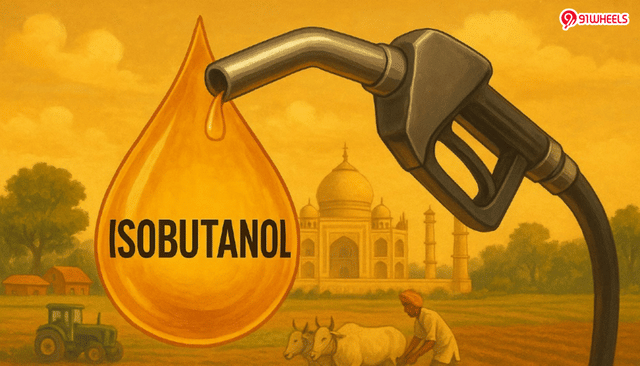
Isobutanol is a higher alcohol biofuel produced from renewable resources like agricultural residues. Compared to ethanol, isobutanol has a higher energy density and is less corrosive, making it more compatible with existing diesel engines. This characteristic positions isobutanol as a promising candidate for blending with diesel fuel.
Impact on Engine Performance
1. Combustion Characteristics
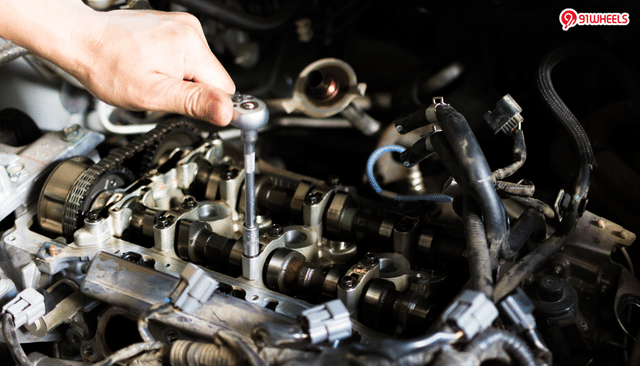
Blending isobutanol with diesel fuel can alter the combustion process. Studies indicate that higher isobutanol content may lead to a longer ignition delay and increased peak cylinder pressure, potentially affecting engine performance. For instance, a study found that blending 30% isobutanol with diesel resulted in a longer ignition delay and higher peak cylinder pressure compared to pure diesel.
2. Fuel Economy
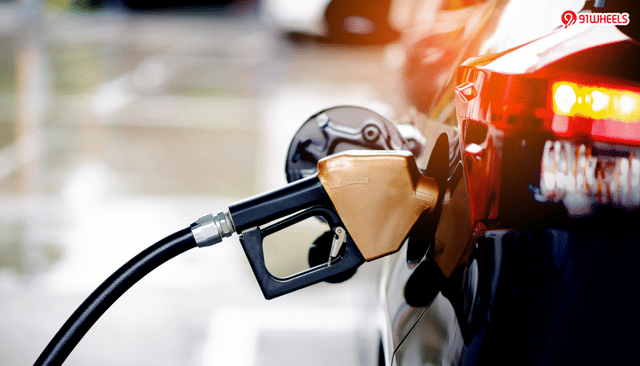
The energy density of isobutanol is lower than that of diesel, which could lead to a decrease in fuel economy when used in higher concentrations. Research has shown that increasing the isobutanol fraction in diesel-biodiesel blends can result in increased brake-specific fuel consumption, indicating a reduction in fuel efficiency.
3. Engine Durability
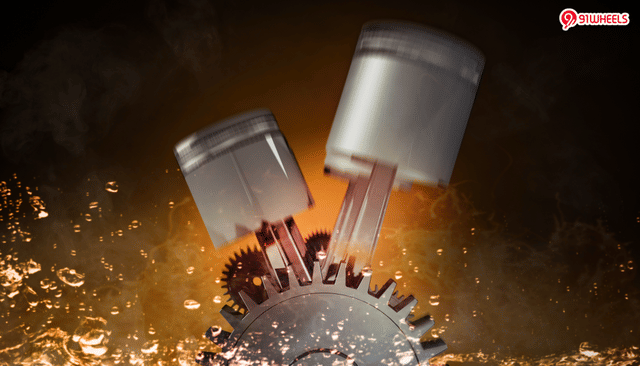
Isobutanol's chemical properties are closer to those of gasoline than ethanol, potentially reducing the risk of corrosion in fuel systems. This characteristic may contribute to better engine durability compared to ethanol-blended fuels.
Emission Characteristics
1. Nitrogen Oxides
One of the significant concerns with isobutanol-diesel blends is the potential increase in NOx emissions. Studies have observed that blending isobutanol with diesel can lead to higher NOx emissions, especially at moderate and high engine loads. This increase is attributed to the higher oxygen content in isobutanol, which can promote higher combustion temperatures.
2. Particulate Matter and Smoke
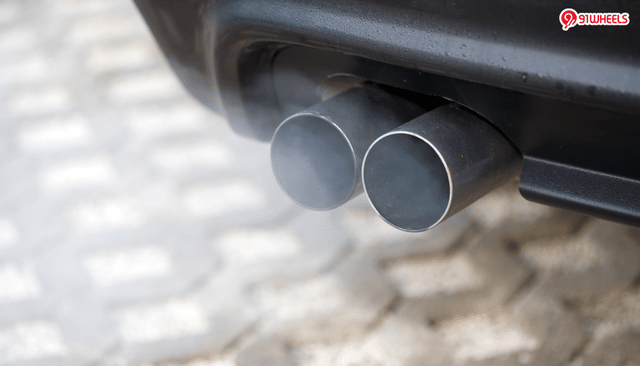
On the positive side, isobutanol blends have been shown to reduce particulate matter and smoke emissions. This reduction is beneficial for both engine longevity and environmental impact. For example, a study found that blending isobutanol with diesel resulted in lower smoke emissions at high engine loads.
3. Carbon Monoxide and Hydrocarbons
Isobutanol's cleaner combustion properties can lead to a decrease in CO and HC emissions. This reduction is advantageous for meeting stringent emission standards and improving air quality. However, it's essential to balance these benefits with the potential increase in NOx emissions.
Compatibility with Existing Diesel Engines
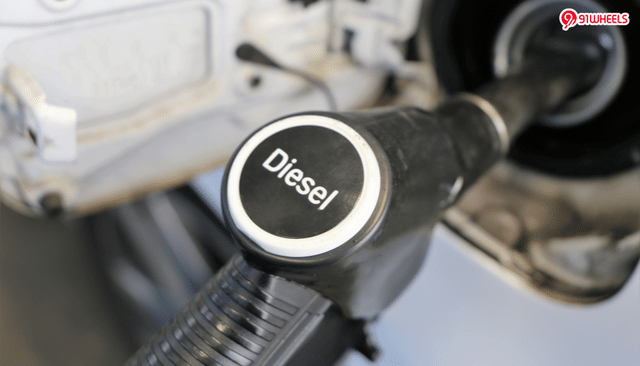
One of the significant advantages of isobutanol over other biofuels like ethanol is its compatibility with existing diesel engines. Isobutanol has a higher energy density and is less corrosive, reducing the risk of damage to engine components. This compatibility means that, in theory, diesel vehicles can operate on isobutanol-diesel blends without significant modifications.
Economic Considerations

From an economic perspective, the production of isobutanol is still relatively expensive compared to conventional diesel. As a result, in the early stages, isobutanol-blended diesel may cost slightly more or will be available at the same price at fuel stations. However, as production scales up and the supply chain matures, prices are expected to stabilize and could become competitive in the coming years.
For individual car owners, the trade-off comes in the form of slightly higher fuel costs and a minor reduction in mileage. For example, a regular diesel commuter driving approximately 1,000 km per month could see an increase of Rs. 200-400 in monthly fuel expenses during the initial phase of adoption. Nonetheless, there may be long-term savings due to reduced engine wear and lower maintenance costs, especially compared to ethanol blends.
Read more:
Verdict
The introduction of isobutanol-blended diesel presents both opportunities and challenges for diesel car owners. While there are potential benefits in terms of reduced particulate emissions and improved engine durability, concerns about increased NOx emissions and fuel economy must be carefully considered. As this initiative progresses, it's crucial for car owners to stay informed and consult with manufacturers to ensure optimal vehicle performance and compliance with environmental standards.



















































